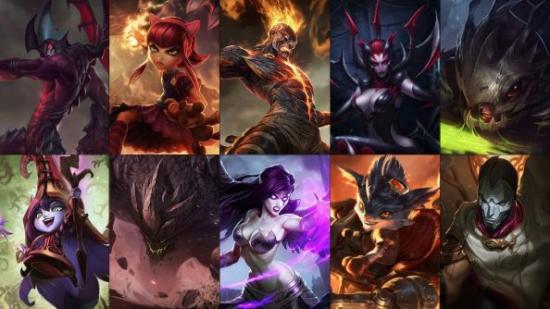As League of Legends’ eSports scene pushes ever onwards there’s need for more and more regulation of its teams, players and their actions. Riot are putting a lot of effort in this year to improve on that, and have recently released their Penalty Indexes for both the LCS and global tournaments, split by degree of severity. In tandem, they’re launching a penalty tracker so it’s clearer to the community who has been banned for what, and increasing communication with players and team owners alike in the hopes of improving the administrative side of the League, making a better playing and spectating experience for everyone.
In the hopes of someday getting banned for being too cool on stage, have a look at the best League of Legends champions for beginners.
The full announcement is fairly massive, breaking down each of these three main points, but here’s the highlights:
- There is now a standardised set of punishments for two tiers of offense within competitive League of Legends – minor, requireing suspensions no longer than 3 months, and major, global rules that seriously break competitive integrity or otherwise harm the game, and carry severe penalties.
- A penalty tracker will be launched that shows all players, teams or other parties that are currently in the doghouse and why. This helps with transparency and consistency.
- “Increased dialogue” with pros and other eSports higher-ups means the formation of an LCS Pro Player Panel, where teams send representatives to discuss important issues, as well as more official, regular discussion with team owners. Again, this is to help with consistency and make sure anyone with the right ideas can have their say.
You can have a look at the LCS Penalty Index and Global Penalty Indexif you like. They include punishments for everything from wearing the wrong uniform or flipping your opponents off after a loss on stage, to how teams can be hurt for lying about players eligibility or straight-up cheating. There’s also recommended minimum and maximum penalties, with the caveat that these can be ignored in extreme circumstances. Part of the reason for all this is to help improve the speed at which Riot can react to problems, rather than have them drag from one LCS week to the next, creating uncertainty.
The full posthas a lot more detail and explanation as to who, what, where, why and when. Naturally, Riot plan to evolve these systems over time, saying that League’s eSports scene is still young and will require modification to perfect.
